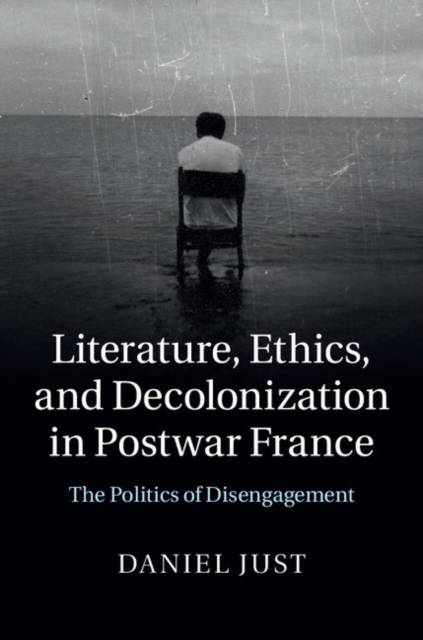
Bedankt voor het vertrouwen het afgelopen jaar! Om jou te bedanken bieden we GRATIS verzending (in België) aan op alles gedurende de hele maand januari.
- Afhalen na 1 uur in een winkel met voorraad
- In januari gratis thuislevering in België
- Ruim aanbod met 7 miljoen producten
Bedankt voor het vertrouwen het afgelopen jaar! Om jou te bedanken bieden we GRATIS verzending (in België) aan op alles gedurende de hele maand januari.
- Afhalen na 1 uur in een winkel met voorraad
- In januari gratis thuislevering in België
- Ruim aanbod met 7 miljoen producten
Zoeken
Literature, Ethics, and Decolonization in Postwar France
The Politics of Disengagement
Daniel Just
Hardcover | Engels
€ 183,45
+ 366 punten
Uitvoering
Omschrijving
Against the background of intellectual and political debates in France during the 1950s and 1960s, Daniel Just examines literary narratives and works of literary criticism arguing that these texts are more politically engaged than they may initially appear. As writings by Roland Barthes, Maurice Blanchot, Albert Camus, and Marguerite Duras show, seemingly disengaged literary principles - such as blankness, minimalism, silence, and indeterminateness - can be deployed to a number of potent political and ethical ends. At the time the main focus of this activism was the escalation of violence in colonial Algeria. The poetics formulated by these writers suggests that blankness, weakness, and withdrawal from action are not symptoms of impotence and political escapism in the face of historical events, but deliberate literary strategies aimed to neutralize the drive to dominate others that characterized the colonial project.
Specificaties
Betrokkenen
- Auteur(s):
- Uitgeverij:
Inhoud
- Aantal bladzijden:
- 225
- Taal:
- Engels
Eigenschappen
- Productcode (EAN):
- 9781107093881
- Verschijningsdatum:
- 9/02/2015
- Uitvoering:
- Hardcover
- Formaat:
- Genaaid
- Afmetingen:
- 150 mm x 231 mm
- Gewicht:
- 476 g

Alleen bij Standaard Boekhandel
+ 366 punten op je klantenkaart van Standaard Boekhandel
Beoordelingen
We publiceren alleen reviews die voldoen aan de voorwaarden voor reviews. Bekijk onze voorwaarden voor reviews.









